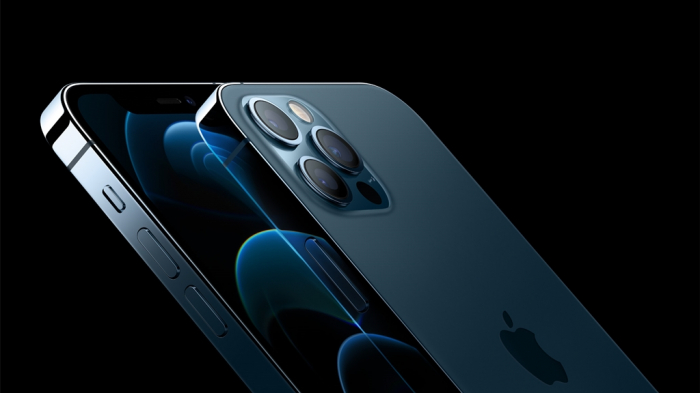
Apple's upcoming M2 processor will be used for its latest devices Samsung Electro-Mechanics Co. will supply its semiconductor package substrate to Apple Inc. for the US tech giant’s next-generation M2 processor to be installed in its latest MacBook series of laptops, iPads and other tablets.The top South Korean electronic component maker has been named the primary supplier of the high-performance flip-chip ball grid array (FC-BGA) substrate to Apple, people familiar with the matter said on Thursday.FC-BGA is a package substrate that transmits electrical signals and power by connecting high-density semiconductor chips to the mainboard. It is mainly used for central processing units (CPUs) and graphics processing units (GPUs) that require high-performance and high-density circuit connections.Samsung’s FC-BGA will be used in Apple’s M2 processor, which the US company is currently developing for release sometime this year, the sources said.The M2, the next-generation version of Apple’s M1 silicon chip, is widely expected to be used in the company’s new lineup of the MacBook, MacBook Pro, Mac mini, iMac and iPad Pro among others due out by the end of this year. Apple's M2 processor to be unveiled this year Apple in November 2020 launched the M1 chip based on a British processor architecture known as ARM.According to media outlets, Apple’s MacBook series of devices sold 28.9 million units in 2021, up 28.3% from the previous year.Industry watchers said Samsung’s latest deal with Apple will strengthen the two companies’ partnership, as the US company is In fierce competition with rival Intel Corp. in the CPU processor market.HIGH ENTRY BARRIERSSamsung has been supplying its rigid flexible printed circuit board (RFPCB) for Apple’s smartphones, including the iPhone 12 and 13 models. Samsung's FC-BGA substrate Apple has so far sourced FC-BGA from a limited number of suppliers because the chip package substrate market has high barriers to entry for production technology.Only five companies – Samsung, Japan’s Ibiden Co., Shinko Electric Industries Co. of Japan, Taiwan’s Unimicron Technology Corp., and Nanya Technology Corp. – are capable of manufacturing FC-BGA substrates, industry officials said.As chipmakers are shifting toward high-density circuit substrates containing more microcircuits to improve system performance, multi-layer substrates like the FC-BGA type are replacing general substrates for electronic components of artificial intelligence, autonomous driving cars and computer servers.Last month, Samsung Electro-Mechanics said it is investing 300 billion won to expand its FC-BGA facility at its main plant in Busan, Korea’s second-largest city.The investment will bring the company’s FC-BGA investment to 1.6 trillion won as it announced in December of last year that it will spend 1.3 trillion won on package substrate production facilities in its Vietnamese plant.Samsung has so far focused on the manufacture of its flagship product, multi-layer ceramic capacitors (MLCCs). Samsung Electro-Mechanics develops MLCCs for 5G base stations MLCCs control the flow of electricity to provide power to semiconductors. They are essential components to a variety of electronic products, including cars, smartphones, home appliances and laptops.Kim Ji-san, head of research at Kiwoom Securities, said he expects Samsung’s FC-BGA sales to reach 1.1 trillion won by 2024 from 570 billion won in 2021.APPLE CARSamsung Electro-Mechanics may post over 10 trillion in its overall sales revenue, a record high, this year, supported by its latest FC-BGA deal with Apple, industry watchers said.The US tech giant is also expected to use FC-BGA in its self-driving vehicle, dubbed Apple Car, as autonomous driving requires a number of high-performance chips. A Samsung Electro-Mechanics plant in Busan LG Innotek Co., another Korean electronic parts maker, has also joined the FC-BGA race, although it doesn’t produce the substrate yet.In February, the company approved a plan to invest 413 billion won in building an FC-BGA facility with an aim to put it into operation by April 2024.Shares of Samsung Electro-Mechanics finished up 5%, the biggest percentage gain in five months, at 168,500 won on Thursday.LG Innotek closed 0.8% lower at 388,000 won, underperforming the broader Kospi market’s 0.4% rise.By Ji-Eun Jeongjeong@hankyung.comIn-Soo Nam edited this article.
Most Read